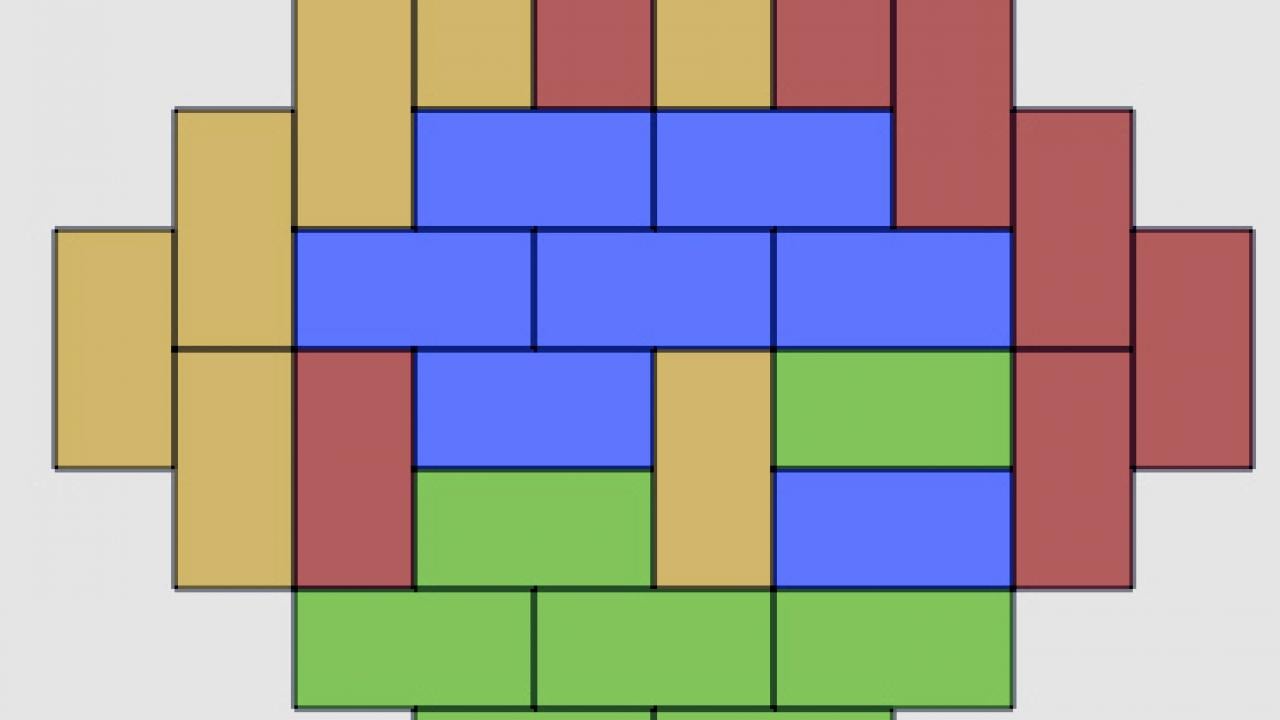The National Science Foundation has awarded an early-career grant to Dan Romik, assistant professor of mathematics.
Grants like this one from the foundation’s Faculty Early Career Development Program are called CAREER grants for short.
Romik’s award is for $400,000 over five years, to support his research, graduate students and summer salary.
Romik studies combinatorial probability, a field of pure mathematics with deep connections to fundamental physics.
Combinatorics deals with ways of counting certain arrangements of numbers, and Romik is interested in what happens when randomness is introduced to these arrangements. They look random at a microscopic level but can give rise to consistent patterns at a larger scale.
The field has deep connections to basic physics. For example, individual atoms in a gas behave randomly, but a bulk gas has consistent physical properties.
"It's very beautiful mathematics, and a fertile ground for research," Romik said.
Romik earned his doctorate from Tel Aviv University in 2001 and was most recently a faculty member at the Hebrew University of Jerusalem before joining UC Davis in 2009.
— Andy Fell
•••
Lars Berglund has begun a two-year term as chair of a federal panel that reviews National Institutes of Health grant applications for research dealing with AIDS and the AIDS-causing human immunodeficiency virus.
Berglund is associate dean for research at the School of Medicine, and director of the university’s Clinical and Translational Science Center.
His federal appointment, which began July 1 and runs for two years, is in the AIDS Clinical Studies and Epidemiology Study Section in the U.S. Department of Health and Human Services’ Center for Scientific Review.
Berglund’s research in lipoprotein metabolism and cardiovascular health has identified distinctions in the onset and progress of heart disease among different populations — and he hopes to tailor therapies to meet patients’ specific needs. He is an expert in the cardiovascular risks of long-term use of antiretroviral therapies used to treat HIV-AIDS.
•••
Music department lecturer Sam Nichols came away from the 2010 Salvatore Martirano Memorial Composition Award Competition with the third-place award for Refuge, which competed against 290 other works. The University of Illinois New Music Ensemble is scheduled to perform Refuge on Nov. 16.
•••
Professor Emeritus Adel Kader, who led the Postharvest Biology and Technology Program, recently received an honorary doctorate from the Polytechnic University of Cartagena, Spain. The university recognized him for his research aimed at reducing postharvest losses, and thereby boosting food availability and “improving the lives of millions of people.”
•••
MIND Institute researcher Marjorie Solomon is a new member of the federal Interagency Autism Coordinating Committee, by appointment of Kathleen Sebelius, secretary of the U.S. Department of Health and Human Services. Solomon is an assistant professor of clinical psychiatry in the Department of Psychiatry and Behavioral Sciences in the School of Medicine.
•••
Paul Singh, distinguished professor of food engineering and an elected member of the National Academy of Engineering, is due to receive the Nicolas Appert Award this month from the Institute of Food Technologists. Singh’s research discoveries include computer software linked to industrial freezers for improving energy efficiency, and improved biosensors for use in monitoring quality during food distribution.
The Appert award, the institute’s highest honor, dates back to 1942, when UC Davis food science pioneer William Cruess became the first recipient. The 1957 award went to UC Davis food scientist Emil Mrak, who would go on to become the UC Davis chancellor.
The award presentation is set to take place during the institute’s annual meeting, July 17-20, in Chicago.
UC Davis puts on show-and-tell for art-science connectivity.
Media Resources
Dave Jones, Dateline, 530-752-6556, dljones@ucdavis.edu
